Ecology
Ecological Clerk of Works (ECoW)
Once construction phase mitigation has been devised and approved, ecologists may be required to oversee some aspects of the works to ensure compliance. We have extensive experience of this, ranging from single householder developments to Nationally Significant Infrastructure Projects; we can provide you with high-level ECoW management and field ecologists to enable development activities.
We only ever utilise suitably experienced staff to form the ECoW team; in doing so, we can ensure a highly pragmatic approach and ability to quickly adapt to any changes that arise during delivery of the construction works on the ground. We are used to a fast-paced and changing work environment and also take the multitude of factors outside of ecology into account when creating solutions to help your project move forward.
Contact us now with any ecology queries: Claire Munn, Principal Ecologist: claire@davidarcherassociates.co.uk
Our ecological consulting services
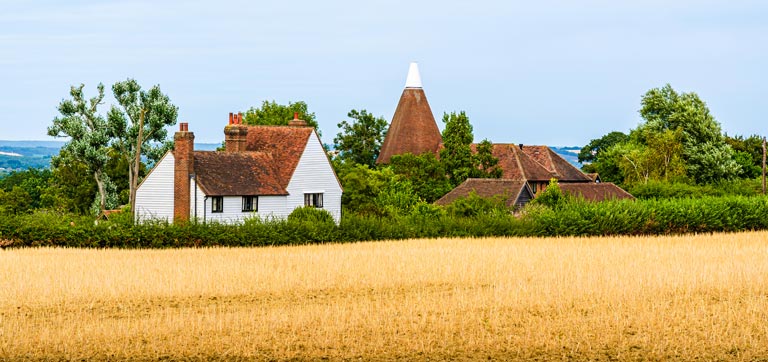
Preliminary Ecological Appraisal (PEA)
A PEA provides an initial overview of how the proposed development might impact legally protected wildlife habitats and biodiversity.
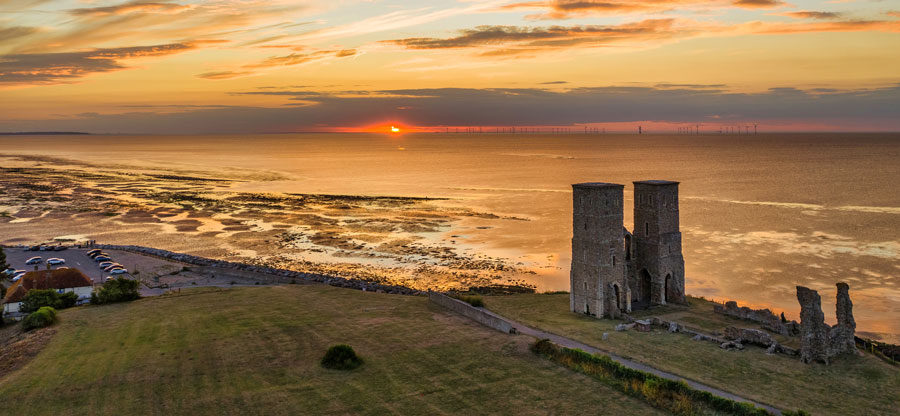
Habitat Regulations Assessment (HRA)
We can provide ecological information reports to support all stages of the Habitat Regulations Assessment (HRA) for both development projects and local plans.
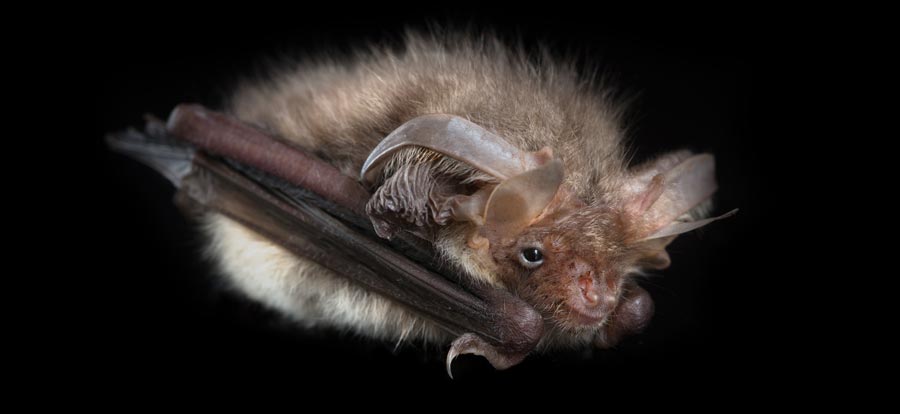
Bat surveys
Bats and their roosts are legally protected, so we recommend carrying out a Preliminary Roost Assessment (scoping bat survey) of trees, buildings and structures that proposed works may impact.

Dormice surveys
If you're proposing works in areas and habitats known to lie within the dormouse range, you may need a presence/likely absence survey to show how you’ll manage any harmful effects on this protected species.
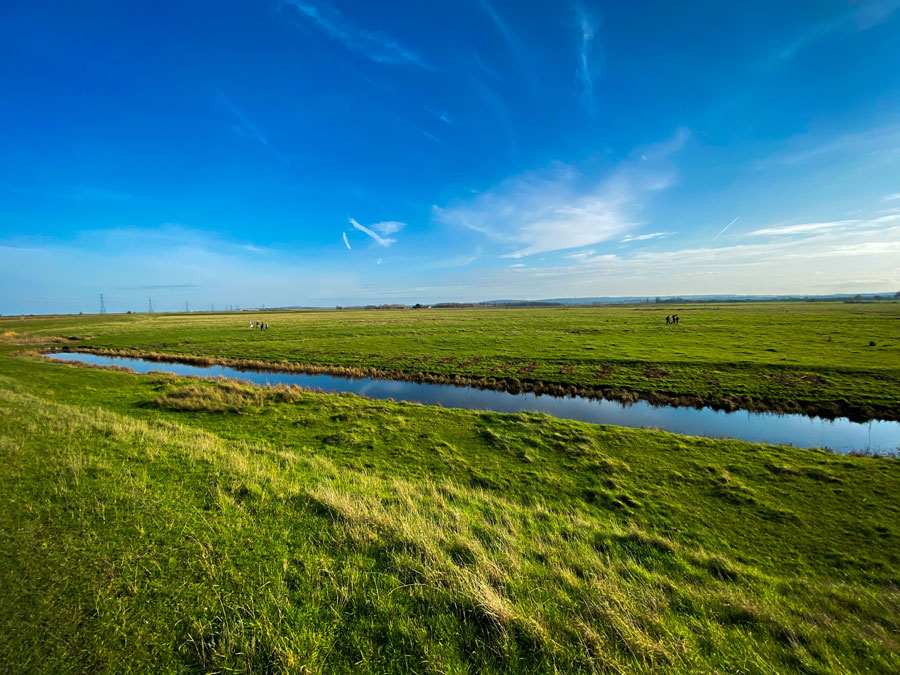
Ecological Impact assessment
An EcIA can be a stand-alone document for any planning application and can help identify any significant ecological impacts on the development project.
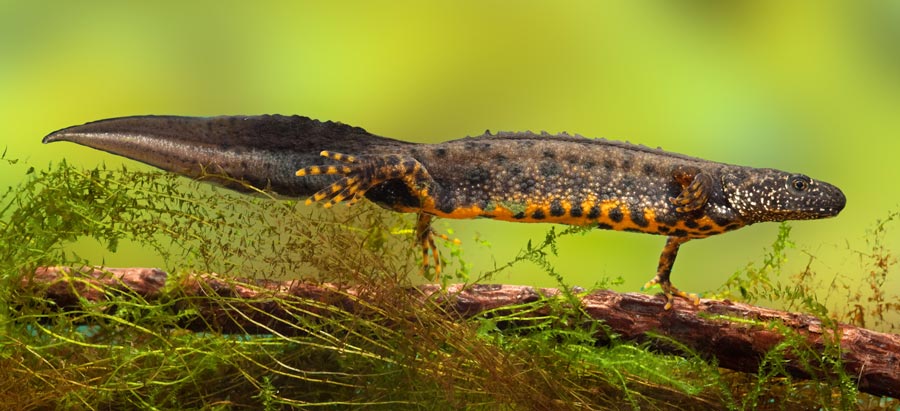
Great Crested Newt surveys
Great crested newts and their habitats are legally protected. These creatures can travel up to 500m from their breeding ponds, so a great crested newt survey should be undertaken when water bodies are nearby.

Reptile surveys
The more widespread reptile species are legally protected. If you’re conducting work that may impact reptiles, you’ll likely need presence / likely absence and population assessment surveys.

Nesting bird surveys
If you’re building at a location and time of year when birds may be nesting, we can conduct a nesting bird survey to find out if active nests are present.

Badger surveys
If you’re planning works within the vicinity of a confirmed or potential badger sett or in a habitat that is suitable for badger setts to be present, it’s worth contacting us for advice.

Water Vole surveys
If you’re planning works near a watercourse, you may need a water vole survey to assess how they will be impacted. Water vole surveys can be carried out between April and October.
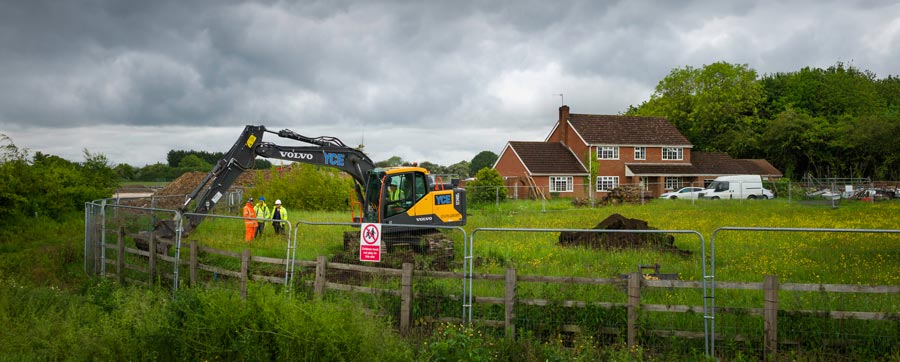
Ecological Clerk of Works (ECoW)
We can provide you with an Ecological Clerk of Works service, and field ecologists are on hand to help ensure that your building works stay legally compliant and wildlife habitats aren’t impacted.